
News Directory
How to improve the performance and life of unground flanged ball bearings?
As a manufacturer of ungroun flanged ball bearings, we understand the critical role these components play in the performance and longevity of mechanical systems. Although ungroun flanged ball bearings are often cost-effective and reliable for many applications, they can experience specific issues over time. This article provides a professional guide to troubleshooting common problems, helping ensure the optimal performance of ungroun flanged ball bearings.
1. Excessive Noise or Vibration
Cause: Excessive noise or vibration from ungroun flanged ball bearings is often caused by poor lubrication, misalignment, or contamination inside the bearing. This can occur when the bearing’s internal ball tracks or races become damaged due to improper handling or inadequate cleaning during the manufacturing process.
Solution:
Lubrication: Ensure that the correct lubricant is used based on operating conditions (e.g., temperature, load, and speed). Inadequate lubrication can lead to increased friction, which in turn causes wear and noise.
Alignment: Check if the bearing is properly aligned with the shaft and housing. Misalignment leads to uneven load distribution, resulting in vibrations and premature wear.
Contamination Prevention: Implement proper sealing and filtration systems to keep contaminants such as dust, dirt, and moisture out of the bearing, which can damage the surfaces.
2. Premature Bearing Failure
Cause: Premature failure in ungroun flanged ball bearings often results from excessive loading, incorrect installation, or defective materials. An overload or impact shock could lead to ball indentations or cage deformation.
Solution:
Load Capacity: Ensure that the bearing’s load rating is suitable for the application. Operating bearings beyond their rated load capacity can cause the balls and raceways to deform or crack.
Installation: Follow the correct installation procedure to avoid shaft misalignment or excessive fitting interference, both of which can lead to early bearing failure.
Quality Control: Implement a strict quality control process to ensure that all materials used are of the highest quality, free from defects or inconsistencies.
3. Excessive Heat Generation
Cause: Excessive heat is often a result of poor lubrication, high-speed operation, or heavy loads. If the lubricant breaks down under stress, it loses its effectiveness, leading to increased friction and heat. Furthermore, insufficient radial clearance can contribute to overheating.
Solution:
Lubricant Choice: Select a high-quality lubricant that is suitable for the operating conditions and ensures effective heat dissipation.
Clearance: Ensure proper radial clearance to reduce friction between the ball and the raceways, preventing heat buildup.
Temperature Monitoring: Implement temperature sensors to monitor bearing temperature during operation. High temperatures may indicate the need for better lubrication or reduced loads.
4. Corrosion and Rust Formation
Cause: Corrosion in ungroun flanged ball bearings is often caused by exposure to moisture, chemicals, or extreme environmental conditions. If seals are compromised, or the bearing is not adequately shielded, water and corrosive substances can penetrate the bearing, leading to rust and wear.
Solution:
Sealing: Use appropriate seals or shields designed to prevent moisture or contaminants from entering the bearing. This will significantly extend the bearing's life.
Material Selection: For applications in corrosive environments, select stainless steel or other corrosion-resistant materials for the bearing.
Environment Control: Where possible, improve the environmental conditions around the bearing to minimize exposure to moisture, chemicals, or extreme temperatures.
5. Increased Friction and Reduced Performance
Cause: Increased friction and reduced performance can result from poor lubrication, contamination, or the degradation of the bearing’s internal components. This could also be caused by incorrect operating conditions, such as excessive speed or load.
Solution:
Regular Maintenance: Ensure regular inspection of the bearings and replace the lubricant as needed. Contaminated or degraded lubricant can hinder the performance of ungroun flanged ball bearings.
Proper Sizing: Make sure that the bearing size is optimal for the application. Overloading or running the bearing beyond its capacity can cause increased friction and wear.
Condition Monitoring: Implement bearing condition monitoring systems to detect early signs of performance degradation and take corrective action before failure occurs.
As a professional bearing manufacturer, we are well aware of the importance of every detail to the stability and production efficiency of your equipment. Choosing our non-grinding flange ball bearings, you can not only enjoy high-quality products and innovative solutions, but also rely on our comprehensive technical support and customer service to ensure that your equipment is always in the best operating condition.
Whether you need to solve existing bearing problems or find a more reliable alternative, we are willing to be your long-term partner. Contact us now to learn more about the advantages of non-grinding flange ball bearings and customize solutions to suit your needs!



 English
English 中文简体
中文简体 عربى
عربى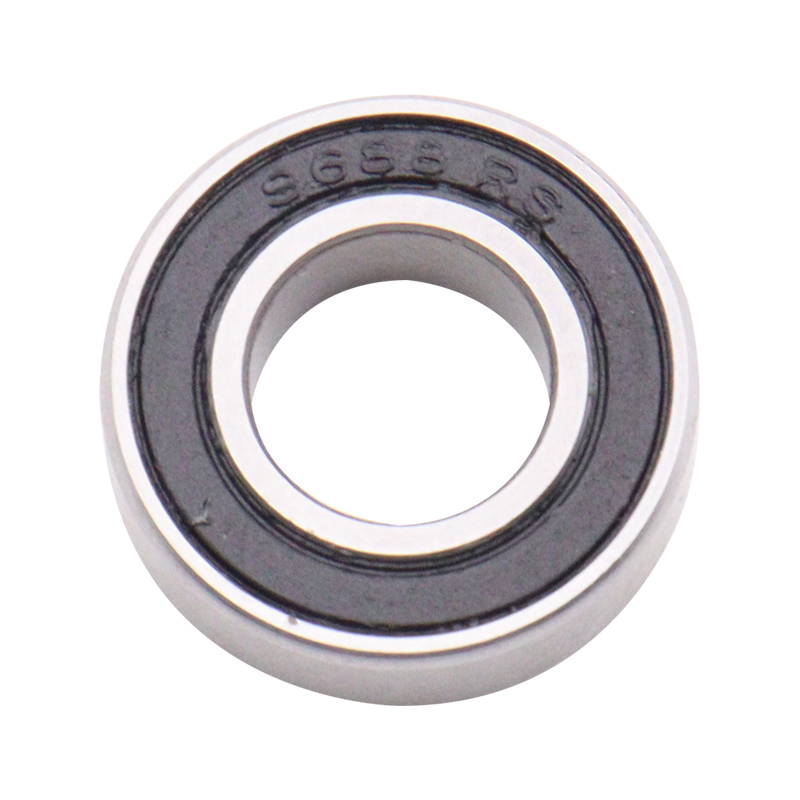
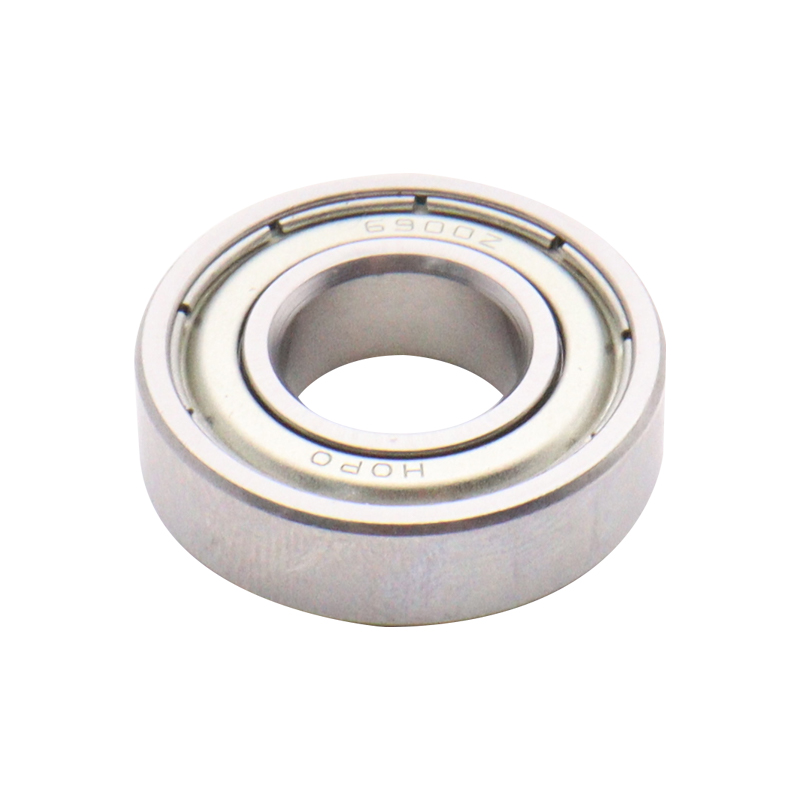
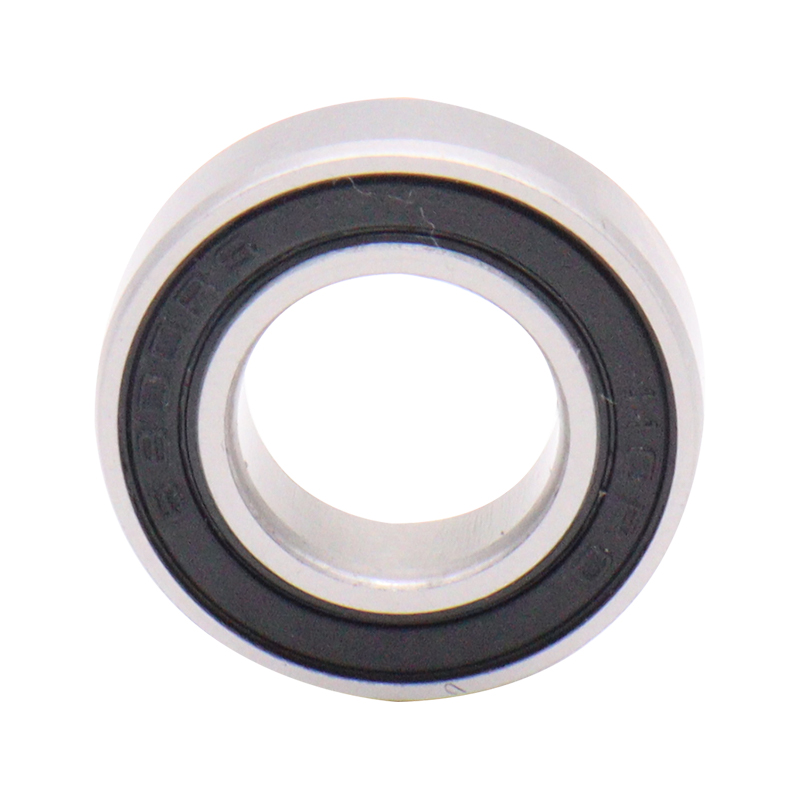
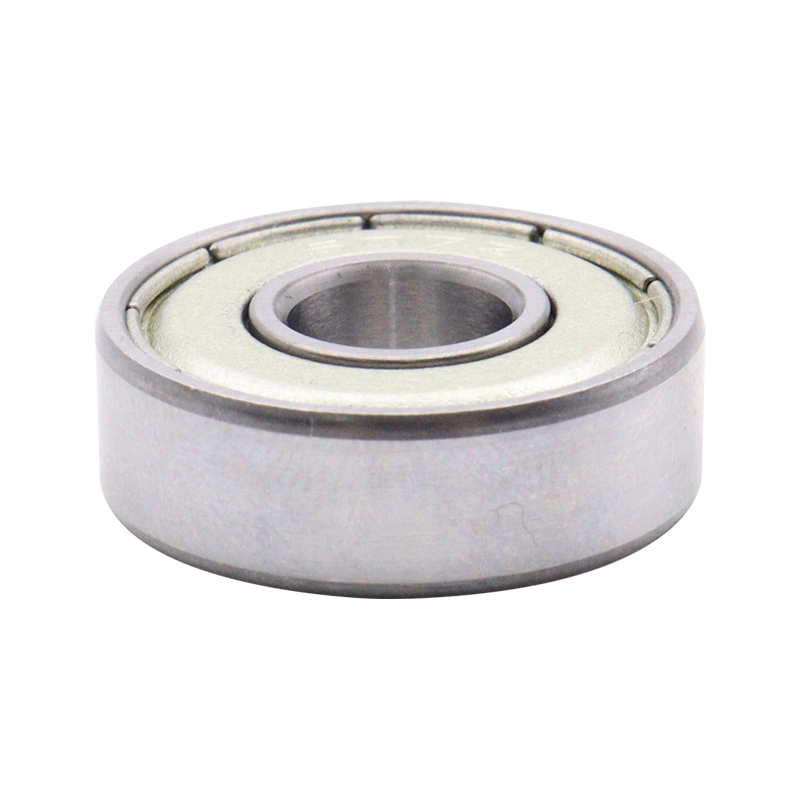
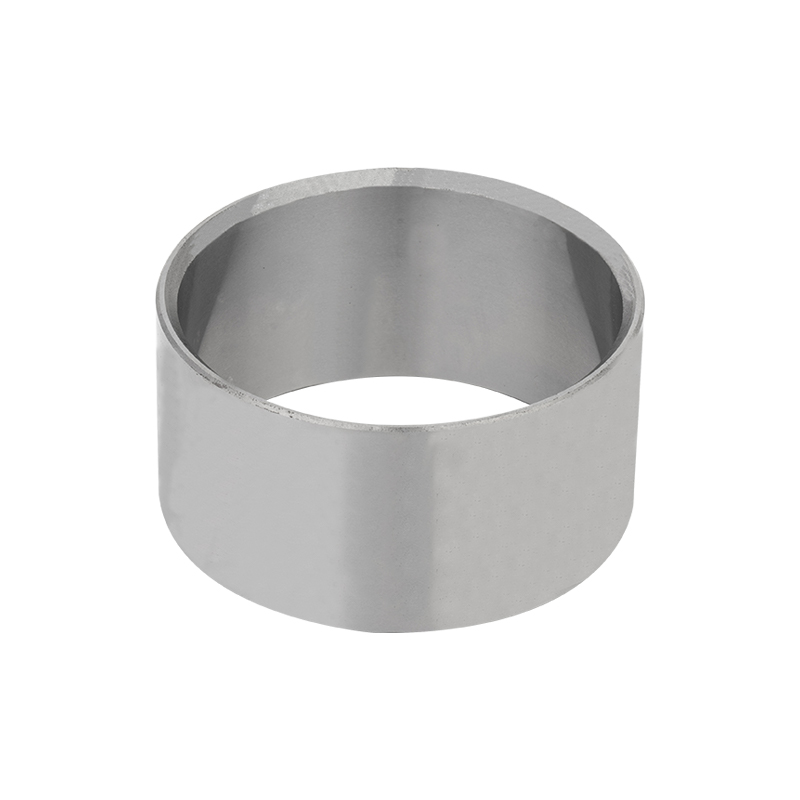
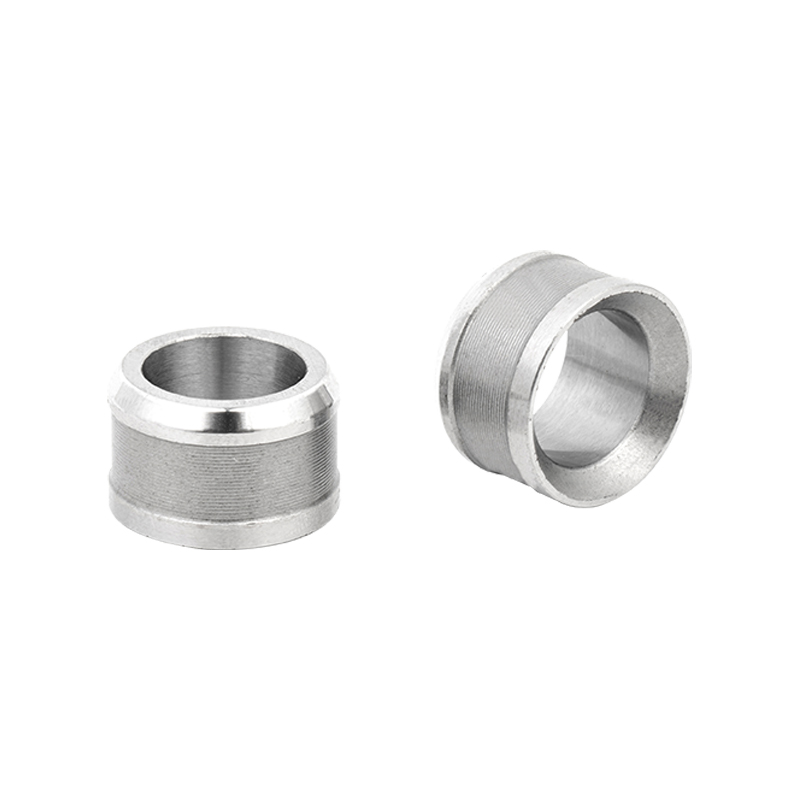
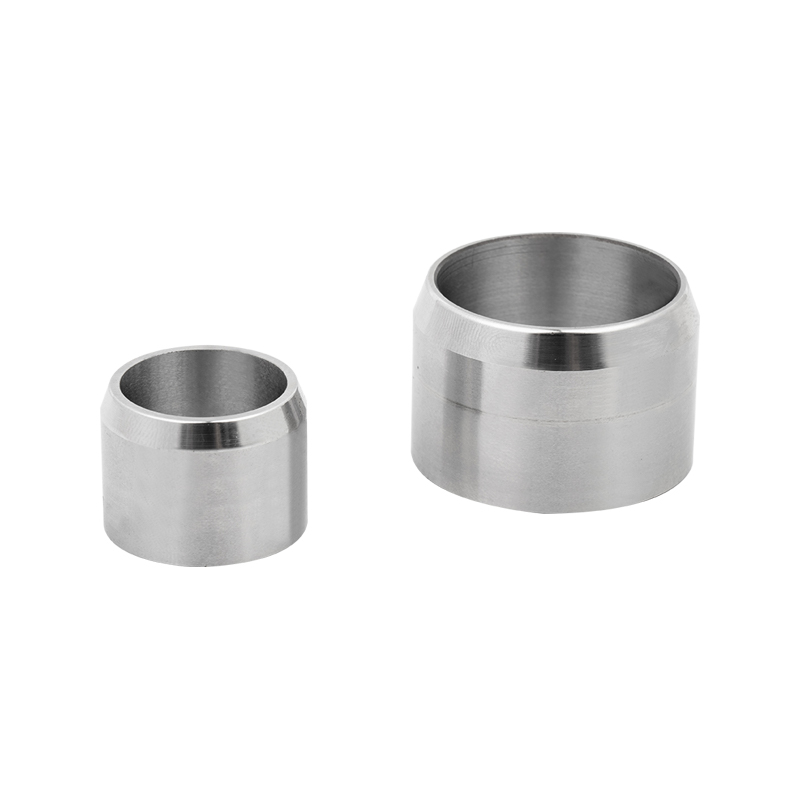
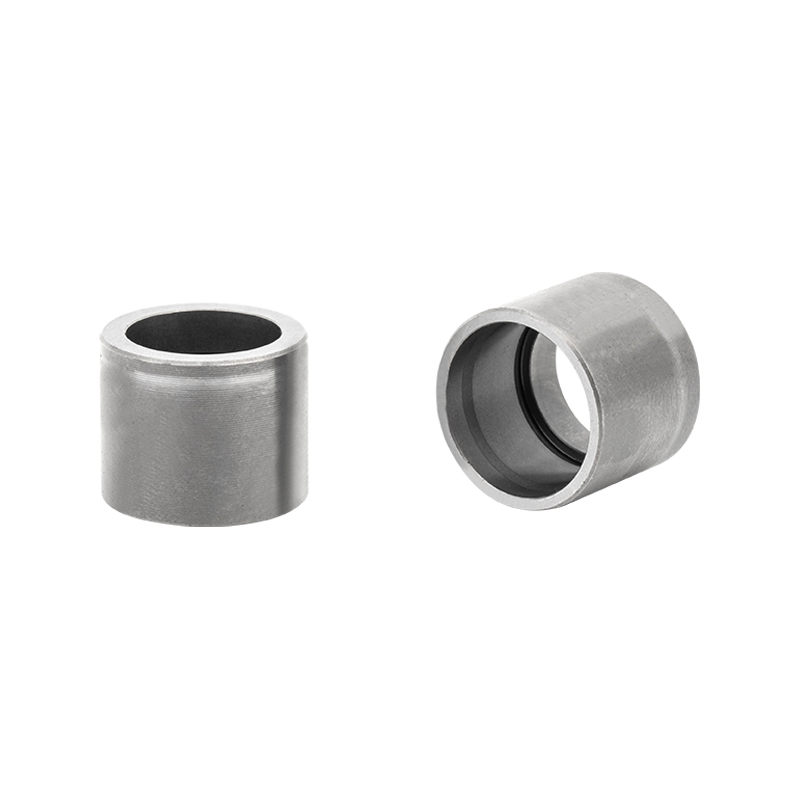
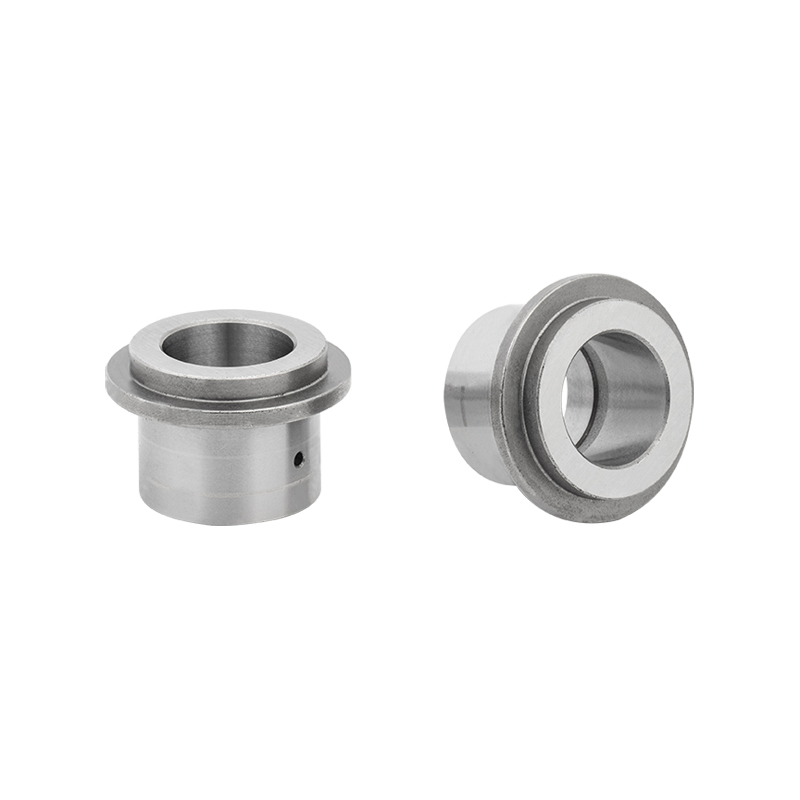

 Download Catalog
Download Catalog
